Nutrition for Detoxification: Supporting the Body’s Natural Cleansing Processes
Hey there, my young and curious friends of 2024! It’s your favorite nutrition explorer, Nita Sharda, here to take you on an exciting journey into the world of detoxification. Now, I know what you might be thinking – “Detoxification? Isn’t that just for grown-ups who want to lose weight or feel better?” But trust me, learning about how our bodies naturally cleanse and detoxify themselves is important for everyone, no matter what age we are.
Today, we’re going to put on our explorer hats and discover what detoxification is all about, and how we can support our body’s natural cleansing processes through the foods we eat. But before we dive in, let me make one thing clear – this is not about putting anyone on a strict diet or making them feel like they need to be perfect. It’s simply about empowering you with the knowledge and tools to make food choices that support your overall wellbeing.
So, are you ready to join me on this detoxification nutrition adventure? Let’s go!
What is Detoxification?
First things first, let’s talk about what detoxification actually is. Detoxification is the process by which our bodies eliminate toxins and waste products that can build up over time. These toxins can come from a variety of sources, including the air we breathe, the water we drink, the food we eat, and even the products we use on our skin and in our homes.
Our bodies have several organs and systems that work together to help us detoxify, including:
- The liver: The liver is like a big filter that helps remove toxins from our blood and break them down into less harmful substances that can be eliminated from the body.
- The kidneys: The kidneys help filter waste products and excess fluids from our blood, which are then eliminated through urine.
- The digestive system: The digestive system helps break down the food we eat and eliminate waste products through bowel movements.
- The skin: The skin is our body’s largest organ and helps eliminate toxins through sweat.
- The lungs: The lungs help filter out toxins and pollutants from the air we breathe.

When these organs and systems are working properly, our bodies are able to effectively eliminate toxins and waste products, keeping us healthy and energized. But when they become overloaded or don’t function as well as they should, toxins can build up in our bodies and lead to a variety of health problems, like fatigue, headaches, digestive issues, and even chronic diseases.
That’s where nutrition comes in – by eating a healthy, balanced diet that supports our body’s natural detoxification processes, we can help keep our organs and systems functioning at their best and reduce our risk of toxin buildup and related health problems.
Key Nutrients for Detoxification
So, what are some of the key nutrients that support detoxification? Let’s take a closer look:
Antioxidants
Antioxidants are compounds found in many fruits, vegetables, and other plant-based foods that help protect our cells from damage caused by toxins and other harmful substances. Some of the most powerful antioxidants include:
- Vitamin C: Found in citrus fruits, berries, and leafy greens
- Vitamin E: Found in nuts, seeds, and vegetable oils
- Beta-carotene: Found in orange and yellow fruits and vegetables like carrots, sweet potatoes, and mangoes
- Selenium: Found in Brazil nuts, seafood, and whole grains
By including a variety of antioxidant-rich foods in our diets, we can help support our body’s natural detoxification processes and reduce our risk of toxin-related damage and disease.
Fiber
Fiber is a type of carbohydrate found in plant-based foods that helps keep our digestive system running smoothly and promotes regular bowel movements. There are two main types of fiber:
- Soluble fiber: This type of fiber dissolves in water and forms a gel-like substance that helps slow down digestion and keep us feeling full and satisfied. Good sources of soluble fiber include oats, apples, citrus fruits, and legumes.
- Insoluble fiber: This type of fiber does not dissolve in water and helps add bulk to our stools, promoting regular bowel movements and helping to eliminate waste products from the body. Good sources of insoluble fiber include whole grains, nuts, seeds, and vegetables like broccoli and cauliflower.
By including a variety of fiber-rich foods in our diets, we can help support our digestive system and promote regular elimination of toxins and waste products from the body.
Sulfur-Containing Compounds
Sulfur is a mineral that plays an important role in detoxification by helping to support the liver and other detoxification organs. Some of the best sources of sulfur-containing compounds include:
- Cruciferous vegetables: Vegetables like broccoli, Brussels sprouts, and kale contain compounds called glucosinolates that are broken down into sulfur-containing compounds in the body.
- Allium vegetables: Vegetables like garlic, onions, and leeks contain compounds called organosulfur compounds that have been shown to support liver function and detoxification.
- Eggs: Eggs are a good source of sulfur-containing amino acids like cysteine and methionine, which are important for liver function and detoxification.
By including these sulfur-rich foods in our diets, we can help support our body’s natural detoxification processes and keep our liver and other organs functioning at their best.
Water
While not technically a nutrient, water is essential for detoxification and overall health. Water helps flush toxins and waste products from our bodies through urine and sweat, and also helps keep our organs and tissues hydrated and functioning properly.
Aim to drink at least 8-10 glasses of water per day, and more if you’re active or in a hot environment. You can also get water from other sources like herbal teas, soups, and water-rich fruits and vegetables like watermelon and cucumber.
Foods to Include in a Detoxification Diet
So, what are some of the best foods to include in a detoxification diet? Here are a few examples:
- Leafy greens: Leafy greens like spinach, kale, and Swiss chard are rich in antioxidants, fiber, and other nutrients that support detoxification.
- Cruciferous vegetables: Cruciferous vegetables like broccoli, cauliflower, and Brussels sprouts contain sulfur-containing compounds that support liver function and detoxification.
- Berries: Berries like blueberries, raspberries, and strawberries are rich in antioxidants and fiber that support detoxification and overall health.
- Citrus fruits: Citrus fruits like oranges, grapefruits, and lemons are rich in vitamin C and other antioxidants that support detoxification and immune function.
- Whole grains: Whole grains like brown rice, quinoa, and oats are rich in fiber and other nutrients that support digestive health and detoxification.
- Legumes: Legumes like beans, lentils, and peas are rich in fiber and protein, and also contain antioxidants and other nutrients that support detoxification.
- Nuts and seeds: Nuts and seeds like almonds, walnuts, and flaxseeds are rich in healthy fats, fiber, and antioxidants that support detoxification and overall health.
By including a variety of these detoxification-supporting foods in our diets, we can help keep our bodies functioning at their best and reduce our risk of toxin buildup and related health problems.
Foods to Limit or Avoid in a Detoxification Diet
While there are many foods that support detoxification, there are also some foods that can hinder the process and contribute to toxin buildup in the body. Here are a few examples:
- Processed and packaged foods: Processed and packaged foods are often high in added sugars, unhealthy fats, and artificial ingredients that can contribute to toxin buildup in the body. Aim to limit or avoid these foods as much as possible.
- Refined grains: Refined grains like white bread, pasta, and rice have been stripped of their fiber and other nutrients, and can contribute to blood sugar imbalances and digestive issues. Choose whole grains instead.
- Alcohol: Alcohol is a toxin that can put extra strain on the liver and other detoxification organs. Limit or avoid alcohol as much as possible, especially if you’re trying to support detoxification.
- Caffeine: While moderate amounts of caffeine can be okay for some people, too much can contribute to dehydration and put extra strain on the liver and other detoxification organs. Limit or avoid caffeine as much as possible, especially if you’re sensitive to its effects.




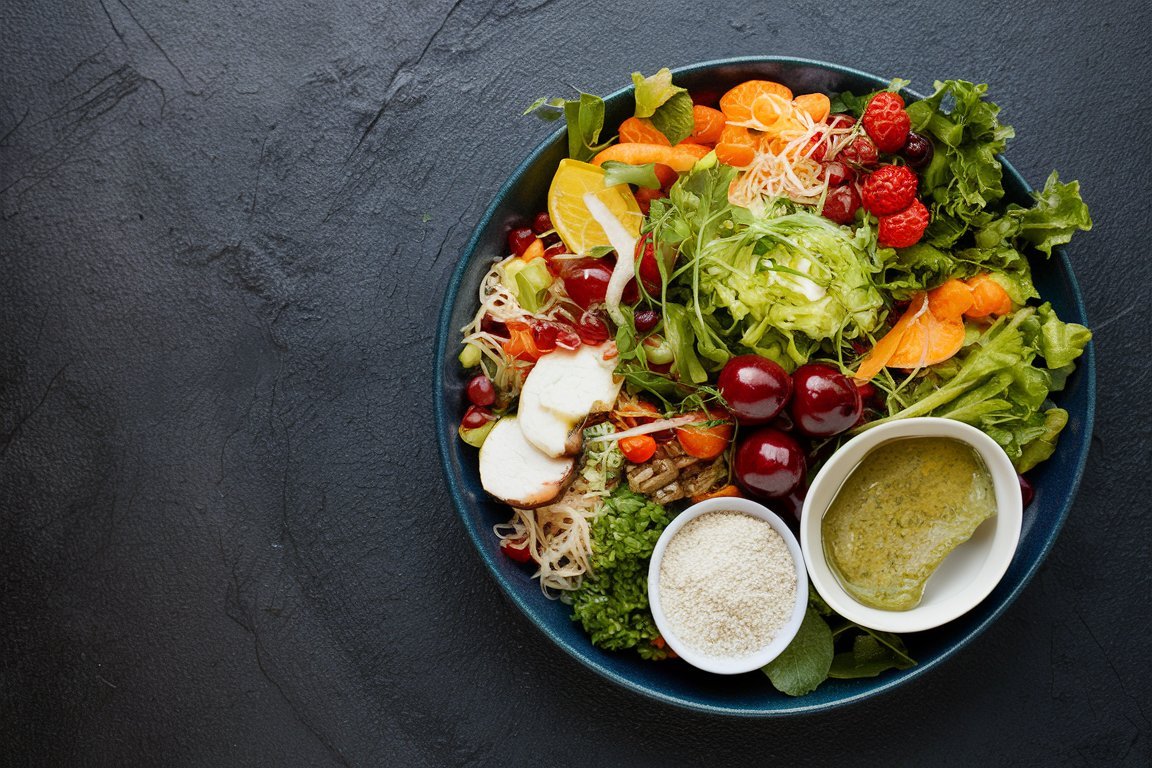
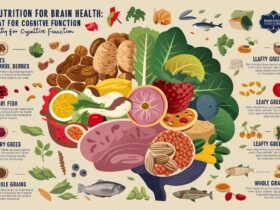



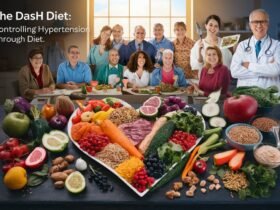
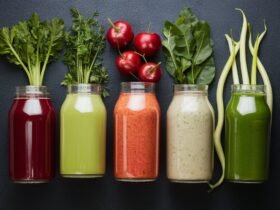
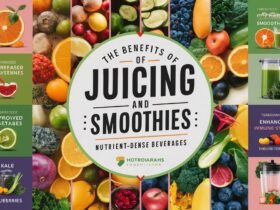
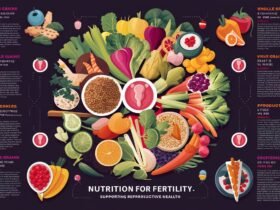
Leave a Reply